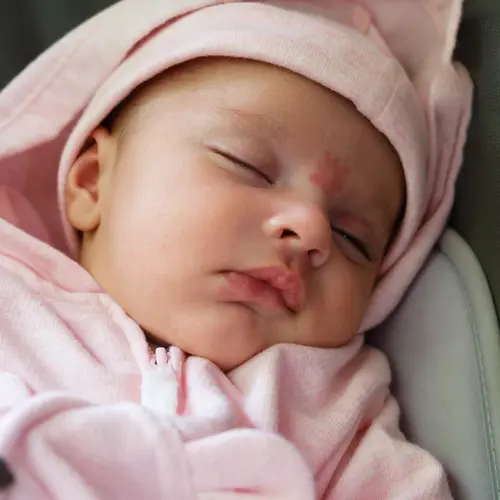If you have mild rosacea, you may not even talk to your doctor about it. But whether you have been diagnosed with rosacea or not, there are some signs you shouldn't ignore. You should see your doctor if:
- You have just developed symptoms, such as facial redness. Rosacea can look like some other diseases, so it's important to get a diagnosis.
- You have developed bumps, pimples, or visible blood vessels -- small red, purple, or blue lines -- on your face. These can be signs of your rosacea getting worse. It's important to get treatment before your condition gets more serious.
- Your rosacea symptoms are causing you anxiety or embarrassment. It's normal for people with rosacea to be self-conscious. Try not to get stressed. There are treatments that can help.
- Your eyes are affected. Many people with rosacea have itchy, dry, painful, or bloodshot eyes. Your eyelids might be red and itchy. Untreated, these symptoms can sometimes lead to serious eye damage.
- Your nose is swollen and red. This can be a sign of rhinophyma, which can mean advanced rosacea. It's more common in men than women. Although rare, if left untreated, it can lead to a large, bumpy, red nose that stays that way forever.
10 Questions to Ask Your Doctor About Rosacea
Once you see your doctor, make sure you understand your rosacea and how to treat it. Here are some questions you might ask:
- Are you sure I have rosacea and not something else?
- What foods and drinks should I avoid?
- Could any medicines I'm taking be causing my symptoms?
- Do you have recommendations for what soap and skin products I should -- and shouldn't -- use on my face?
- Do you have suggestions for makeup I could use to cover up my rosacea?
- What type of sunscreen should I use?
- Should I use creams or gels or take medicines? What are the side effects?
- Am I a candidate for laser treatment to improve my red skin?
- How long will it take for treatment to work?
- What will you try next if this treatment doesn't help?

